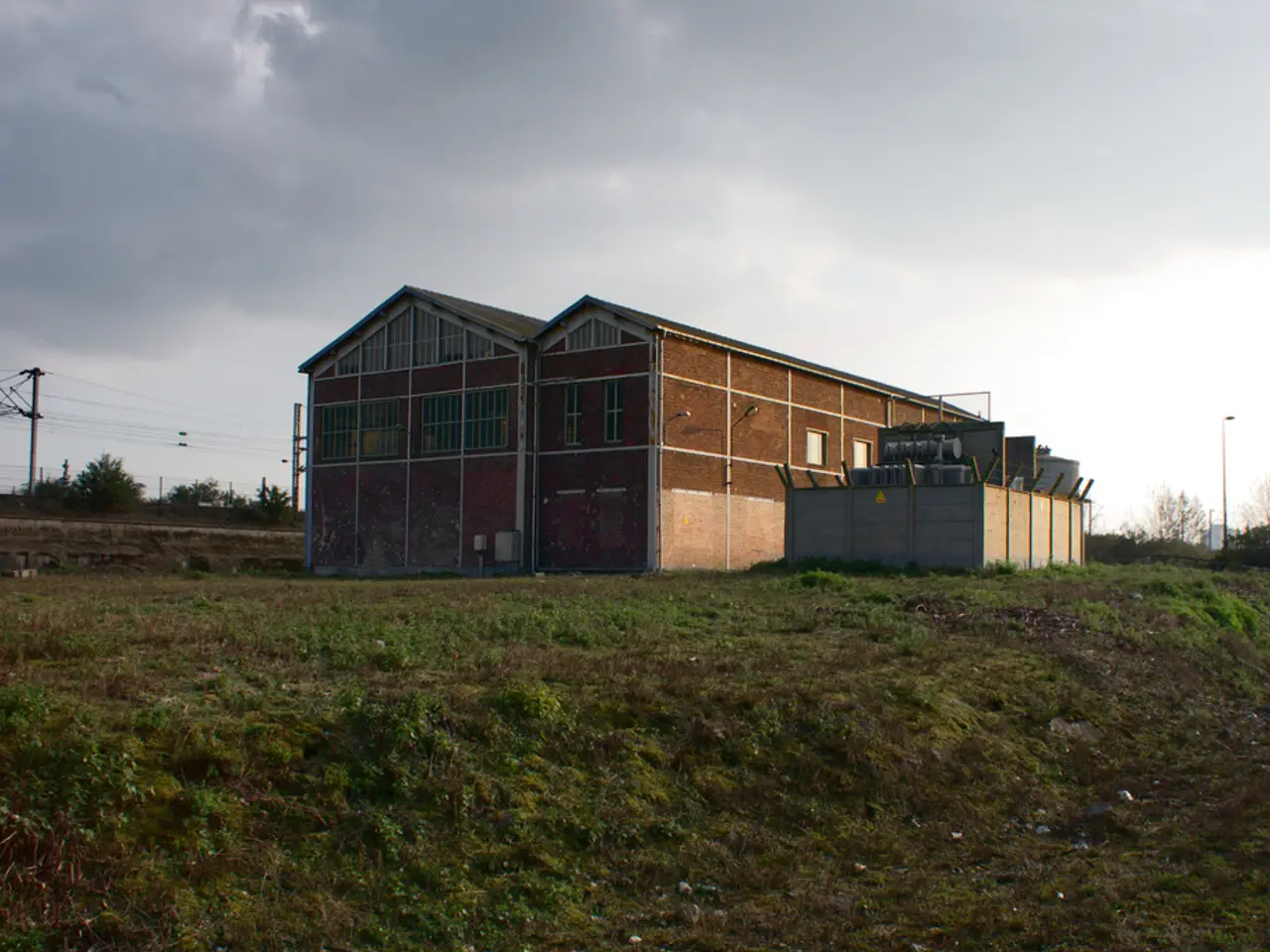Approximately one-third of Nigerians lack electricity access
In the coastal town of Badagry, Nigeria, the hum of generators is a common sound due to frequent power outages. For decades, the electricity crisis in Nigeria has remained an insurmountable challenge, with more than a third of the population, including residents of Badagry's rural neighborhoods, lacking access to electricity.
The promises of the government to restore electricity across Badagry within the next 10 weeks have been met with skepticism by the residents. Many homes in these rural areas have been without power for more than five years, apart from one day during the 2023 presidential elections. However, one home visited in Badagry had solar panels on the roof, allowing it to have electricity while others did not.
The Federal Executive Council (FEC) recently approved a significant budget (N68.7 billion) for solar projects covering universities, hospitals, and rural areas under the Rural Electrification Agency (REA). These initiatives aim to tackle chronic electricity shortfalls in underserved communities, including those involved in small-scale agriculture and related enterprises.
Challenges faced by residents in obtaining reliable electricity include exclusion from the main energy grid, which leaves these areas off the national energy mix. This gap affects social infrastructure such as clinics and hospitals, as well as economic activities like microenterprises that rely on consistent power to operate. Efforts are underway to deploy solar energy systems and potentially other renewable sources like wind to provide decentralized, clean, and reliable energy to such communities.
The Lagos State Government has shown commitment to enhancing living standards in rural areas, including Badagry, through infrastructure projects. However, specific details on water and waste-to-energy systems for Badagry were not mentioned, hinting at integrated development that could complement electrification efforts.
Amidst the ongoing electricity crisis, Mrs. Ogunbe, a resident in Badagry, has found her own solutions. She keeps her door open for neighbors to use her electricity, and her home serves as a gathering place where about 30 people watch TV, charge phones, and do homework. Mrs. Ogunbe wants her neighbors to have independence and dignity, and until that's possible, she continues to share her electricity with them.
Despite routine promises from politicians, including the current president, Bola Tinubu, the electricity crisis remains a persistent issue in Nigeria. Even those connected to the grid cannot rely on it, as the grid collapsed 12 times last year. Fela Kuti, a Nigerian music legend, sang about the country's electricity crisis in 1986 in a track called "Just Like That."
The struggle for electricity in rural Badagry continues, but the increasing attention through targeted solar electrification projects managed by the REA offers hope for a brighter future. The major hurdles remain the infrastructural exclusion from the grid and ensuring the sustainability of decentralized renewable energy installations in these neighborhoods.






